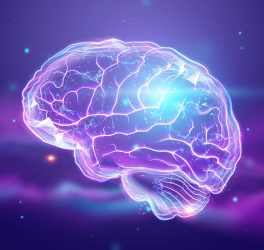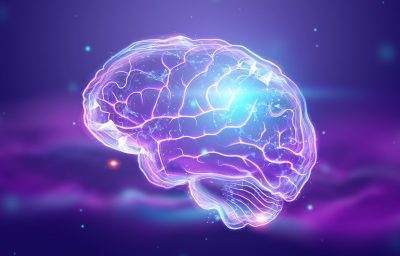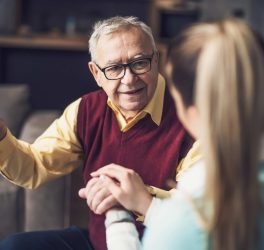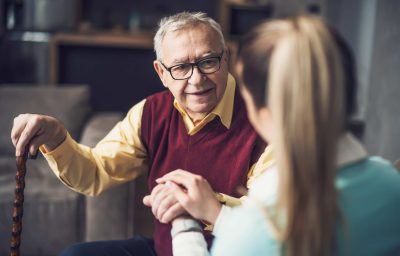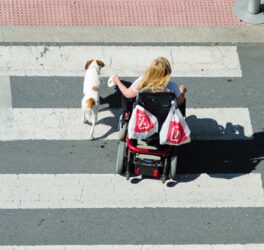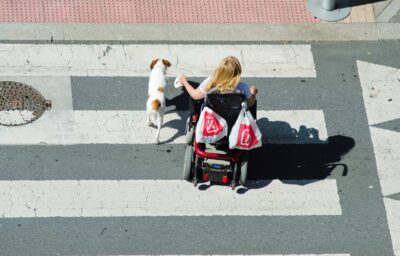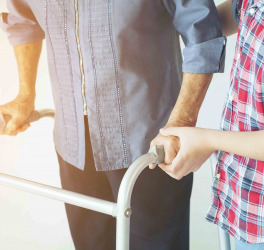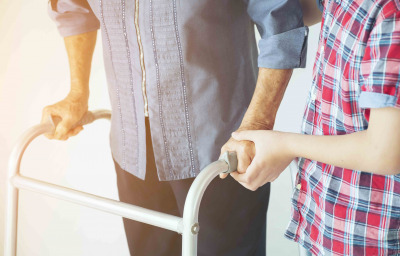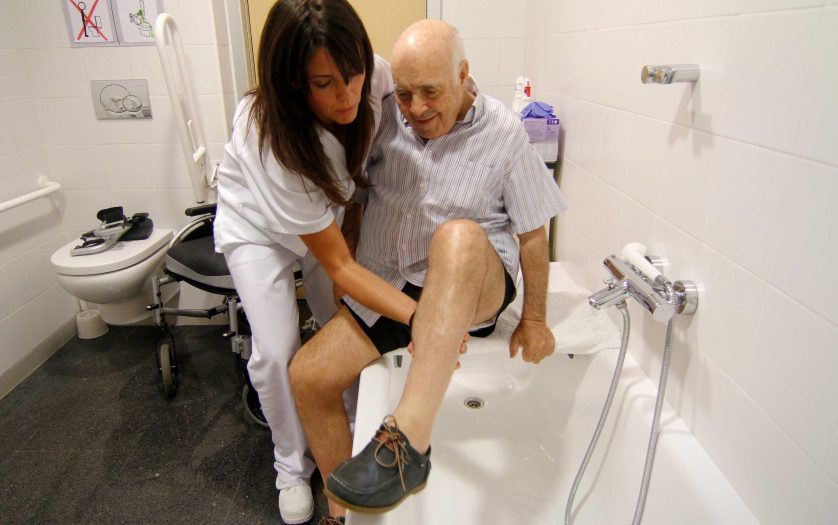
Thousands of stroke patients in the UK have suffered avoidable disability because NHS care for them was disrupted during the COVID, a report claims.
A large number of stroke patients found it harder to obtain drugs or undergo surgery to remove a blood clot from their brain, both of which need to happen quickly.
Rehabilitation services, which are vital to reducing a stroke’s impact, also stopped working normally as the NHS focused on the pandemic, said the Stroke Association. It is concerned “many could lose out on the opportunity to make their best possible recovery.”
“Strokes didn’t stop because of the pandemic. Despite the tireless efforts of frontline clinicians who have gone to herculean efforts to maintain services under extremely difficult conditions, some treatments still became unavailable, and most stroke aftercare ground to a halt. This means more stroke survivors are now living with an avoidable, unnecessary disability.” said Juliet Bouverie, the charity’s chief executive.
Fear of coronavirus also played a key role. Three in 10 (29%) of those who had suffered a stroke did not seek emergency help, for example, by dialing 999. Similarly, while half of the stroke survivors had therapy sessions canceled, 56% did not feel safe to attend a scheduled appointment.
“We were worried [during the pandemic] about the reduction in the number of people presenting to hospital with a mini-stroke.
Coronavirus pandemic also affected the treatment and rehabilitation available and the speed with which they could be delivered,” said Prof Rustam Al-Shahi Salman, the British Association of Stroke Physicians president.
“Lack of rehabilitation could increase demand for care for years, as well as the risk of patients suffering another stroke, further disability or death” said Bouverie.
Doctors are worried the number of people admitted to hospital after a stroke fell by 13% in April, the first full month of the coronavirus lockdown, and that 52% more people than usual died of a stroke at home during the COVID-19.

